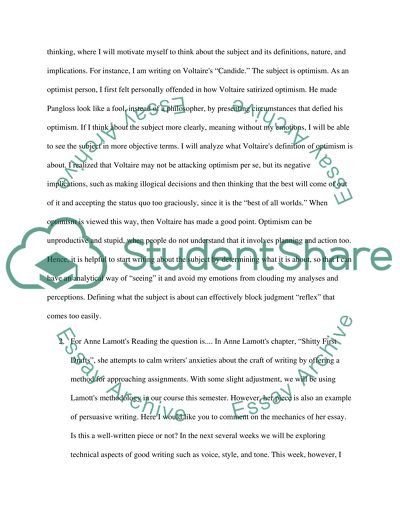Cite this document
(“Habits of Mind: Getting Ready to Have Ideas by Rosenwasser and Stephen Article”, n.d.)
Habits of Mind: Getting Ready to Have Ideas by Rosenwasser and Stephen Article. Retrieved from https://studentshare.org/literature/1431650-readings
Habits of Mind: Getting Ready to Have Ideas by Rosenwasser and Stephen Article. Retrieved from https://studentshare.org/literature/1431650-readings
(Habits of Mind: Getting Ready to Have Ideas by Rosenwasser and Stephen Article)
Habits of Mind: Getting Ready to Have Ideas by Rosenwasser and Stephen Article. https://studentshare.org/literature/1431650-readings.
Habits of Mind: Getting Ready to Have Ideas by Rosenwasser and Stephen Article. https://studentshare.org/literature/1431650-readings.
“Habits of Mind: Getting Ready to Have Ideas by Rosenwasser and Stephen Article”, n.d. https://studentshare.org/literature/1431650-readings.


